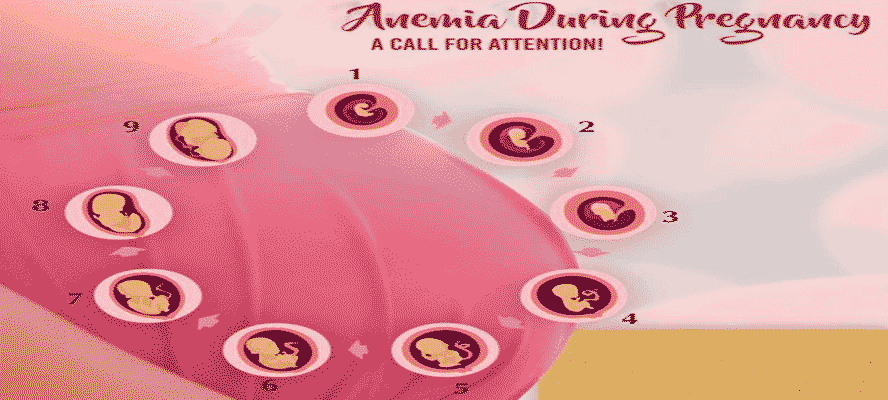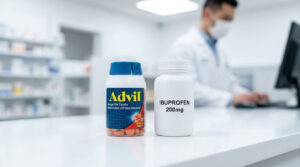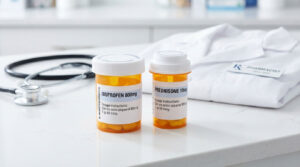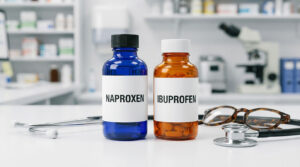How does anemia affect baby during pregnancy?
Having a baby is a wonderful and joyous experience for a woman. Marriage allows a man and woman to enter into a new relation, i.e. husband and wife. In the sensitive zone of this relationship, the gift of god to a woman is pregnancy. Biologically, the period of fetus development inside mother’s womb is called pregnancy. A total pregnancy period is of 40 weeks or 9 months. Health problems during pregnancy is not a bad sign and quite natural for a healthy woman too. Depression, gestational diabetes, High blood pressure, anemia and many more, are common health problems in conceived women. In this article, we will discuss about anemia during pregnancy.
Plasma- A Major Blood Fluid Component Plasma is a major fluid component of the blood. At about 6 weeks of pregnancy, plasma volume begins to increase. This is a healthy sign for normal growth of the fetus and is proportional to birth weight of the baby. Increased volume of plasma does not mean that red blood cells should also increase in size. This condition is associated with overall fall in the hemoglobin concentration and red cell count.








